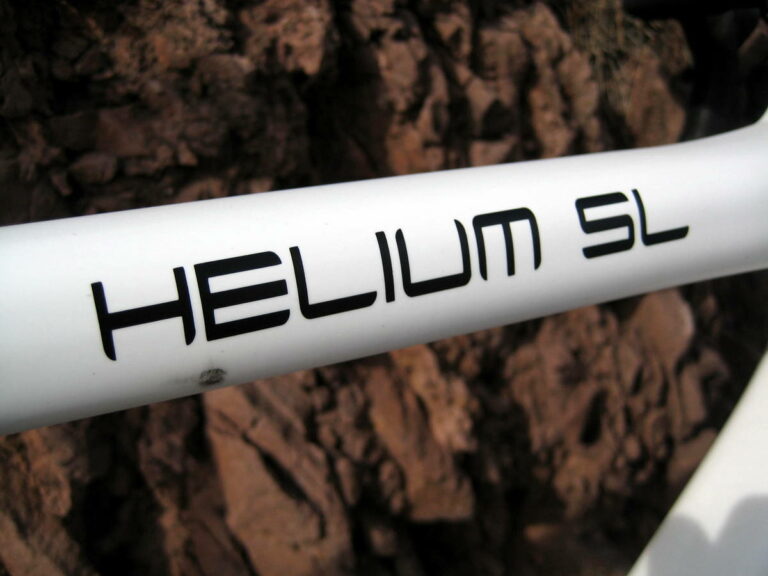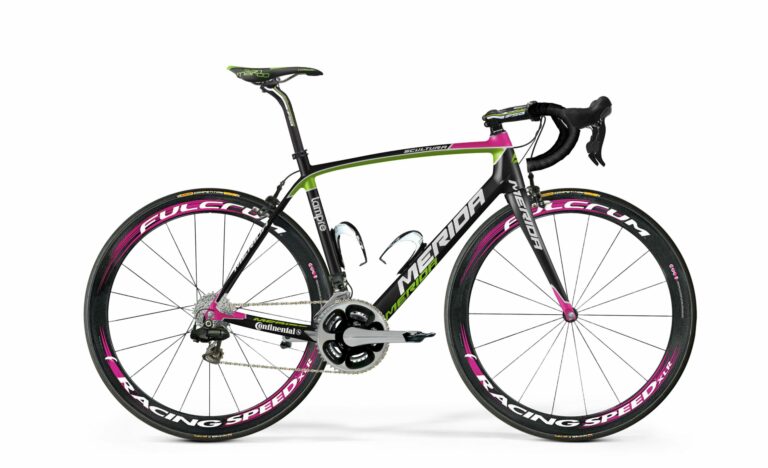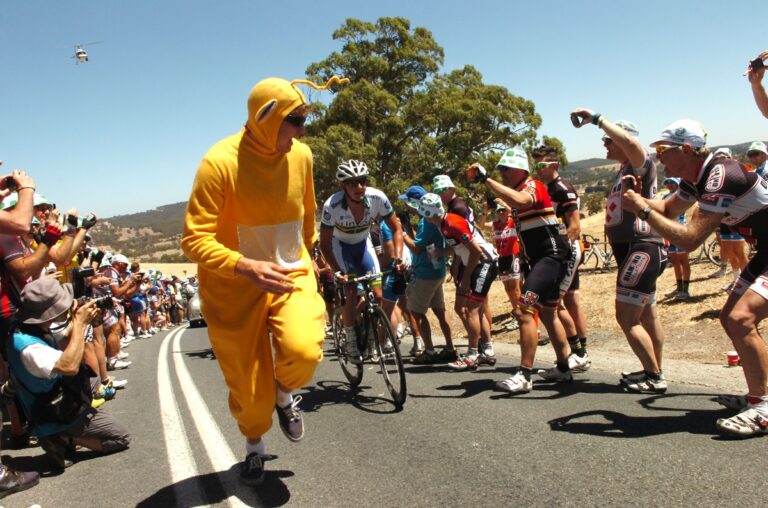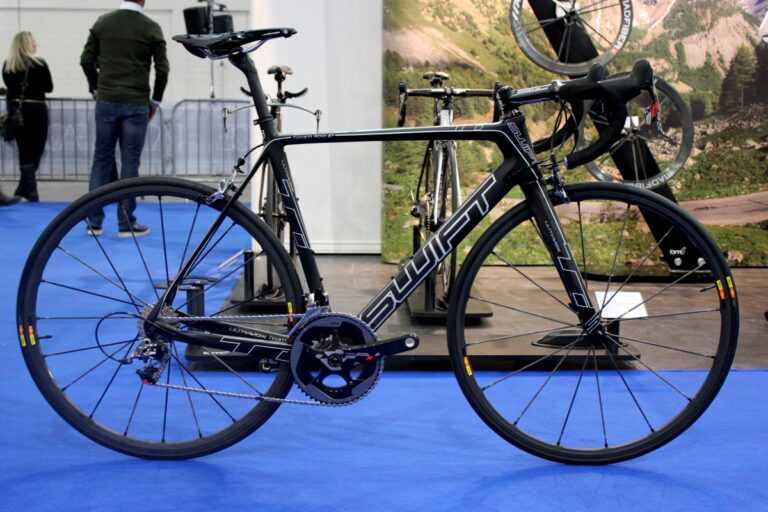With the Tour, the Olympics, Paralympics, Tour of Britain, Vuelta a Espana, and world road race championships all crammed into the previous three months, cycling fans could finally pause for breath in October.
Or could they? No sooner had the curtains been drawn on the road season, than the cyclo-cross season rolled into action with the opening round of the UCI World Cup in Tabor, Czech Republic, and the National Trophy Series, at Abergavenny.
The gap between the world and domestic series were best illustrated by the relative success of national champion, Ian Field, a dominant winner in Abergavenny, but thirty-second and 2.45 down on Kevin Pauwels (Sunweb-Revor) in Tabor.
Our own George Scott caught the ‘cross bug, taking part in the Alexandra Palace round of the Rapha Supercross series, before travelling to Belgium, the sport’s heartland, to sample the infamous Zonhoven course before watching the pros tackle its strength-sapping sands.
By far the most significant event of October, however, occurred off the bike.
Lance Armstrong was stripped of his seven Tour de France titles and banned for life following an investigation by the United States Anti-Doping Agency (USADA); one that concluded that the disgraced Texan and his US Postal team had operated “the most sophisticated, professionalised and successful doping programme that sport has ever seen.”
The fallout from the action was significant and ongoing. The UCI, which had previously disputed USADA’s jurisdiction in the case, accepted many of its findings, while denying complicity with Armstrong or any responsibility for its failure to prevent the dirtiest era in the history of the sport.
The major corporations that had supported Armstrong throughout his reign, including Nike, Trek, Giro, and Oakley ended their association with him, and, perhaps most significantly of all, Rabobank announced it would terminate the sponsorship of its professional road cycling teams from 2014, and would withdraw its name from the jersey with immediate effect.
Tyler Hamilton, who confessed to doping with Armstrong at US Postal and subsequently at CSC and Phonak, called for the resignation of UCI president, Pat McQuaid, Omega Pharma-QuickStep sacked Levi Leipheimer, and the ASO, organisers of the Tour de France, and SCA, underwriters of Armstrong’s win bonuses, announced their intention to reclaim multi-million dollar payments to the Texan.
Team Sky announced that all team members, staff and riders, would be asked to sign a pledge confirming that they had had no prior or present involvement with doping and would part company with those unable to do so. Race coach, Bobby Julich, and directeur sportif, Steven de Jongh, left the team as a direct result.
Five European newspapers published a “manifesto for credible cycling”, and the month ended with Armstrong burned in effigy in Kent.
Professional cycling, many hope, will never be the same again.





